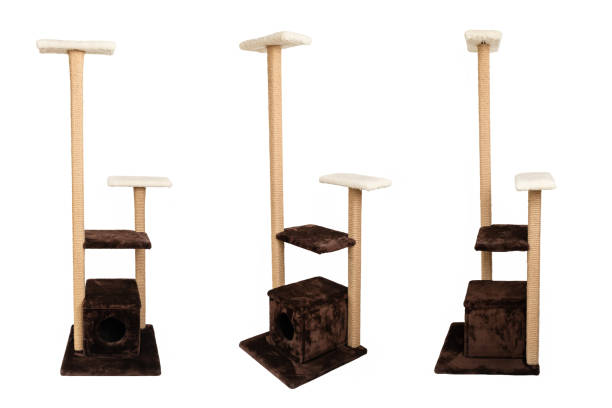Securing Your Load: Household Health Threats of Cat Litter Boxes.

Feline owners are no complete strangers to the everyday task of digging their furry friend's litter box. It's a regular task that's typically overlooked, yet vital for maintaining a tidy and healthy environment for both cats and their human buddies. However, what numerous family pet owners may not understand is that there are covert health threats connected with the litter box that can pose risks to both human beings and cats alike. From breathing concerns to parasitic infections, the litter box can harbor a variety of dangers that need cautious attention and management.
Among the most common health dangers related to the litter box is breathing issues. Cat litter, particularly clay-based ranges, can contain fine dust particles that end up being airborne when disrupted throughout scooping or when cats dig in the litter. These dust particles can be inhaled by both felines and human beings, leading to respiratory inflammation and worsening conditions such as asthma or allergies. Sometimes, extended direct exposure to litter dust can even cause more severe breathing issues in both felines and their owners.
To minimize respiratory dangers, it's necessary to choose low-dust or dust-free litter options and to scoop the litter box in a well-ventilated location. Using a dust mask while cleaning the litter box can also help in reducing direct exposure to air-borne particles, particularly for individuals with respiratory sensitivities.
Another considerable health threat related to the litter box is the capacity for parasitic infections, especially from Toxoplasma gondii, a typical parasite discovered in feline feces. While most healthy individuals may not experience symptoms if infected, pregnant women and individuals with weakened immune systems are at higher risk of developing serious problems, including birth problems and neurological conditions.
To decrease the threat of parasitic infections, pregnant females need to prevent cleaning up the litter box completely and entrust this job to another family member. In addition, all people must practice great health practices, including washing hands thoroughly after dealing with the litter box or entering contact with cat feces, to decrease the risk of transmission.
Many commercial feline litters consist of chemicals and ingredients that can present health cat litter alternatives dangers to both felines and human beings. For instance, some aromatic litters may include fragrances or important oils that can irritate delicate breathing systems or set off allergic reactions. Additionally, clumping litters often consist of salt bentonite, a clay material that can broaden when consumed, resulting in gastrointestinal blockages if taken in by felines.
To decrease chemical direct exposure, choose for Self Cleaning Litter Boxes unscented or naturally-scented litters made from naturally degradable materials such as paper, wood, or plant-based alternatives. These environmentally friendly choices are not only more secure for your cat's health but also much better for the environment.
The litter box environment offers an ideal breeding place for bacteria, including potentially damaging pathogens such as E. coli and Salmonella. These bacteria can contaminate the litter box and cat litter surrounding areas, increasing the threat of infection for both cats and human beings. Felines can contract bacterial infections through direct contact with contaminated litter or by consuming fecal matter throughout grooming, while human beings can become infected through contact with infected surface areas or incorrectly washed hands.
To lower the threat of bacterial contamination, it's vital to clean the litter box frequently using warm water and mild cleaning agent, in addition to to decontaminate the surrounding area to avoid the spread of bacteria. Furthermore, practicing excellent hand hygiene, including cleaning hands thoroughly after handling the litter box or entering into contact with cat feces, can assist lessen the danger of bacterial transmission.
While the litter box might appear like an ordinary aspect of feline ownership, it's important to recognize the prospective health risks related to this seemingly harmless fixture. From respiratory concerns to parasitic infections and bacterial contamination, the litter box can harbor a variety of threats that require cautious attention and management. By taking proactive procedures to reduce direct exposure to these risks, feline owners can create a safer and healthier environment for both their feline buddies and themselves.